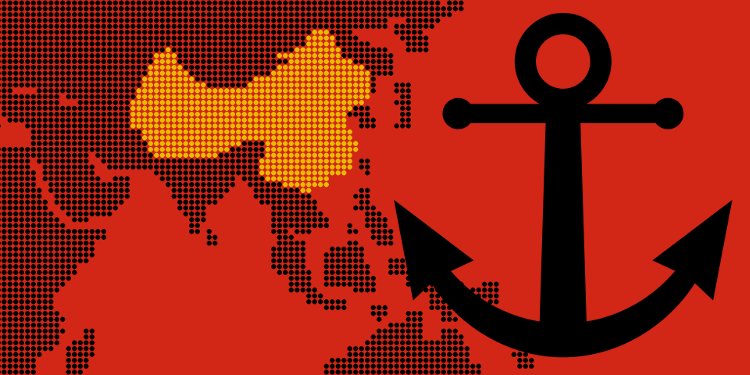Taiwan President Tsai Ing-Wen apologizing after a mid-term defeat at the provincial level will not demonstrate strength on her part, but she shows respect and stability in maintaining her appointees and policy toward China. Having not stood her ground on information about proposal that would have set Taiwan’s team name at the Olympics in Japan as “Taiwan”, instead of “Taipei”, she lost important support from the Formosan Association for Public Affairs, a group that seeks to have Taiwan internationally recognized as an independent nation.
Taiwan’s premier, William Lai, does stand for Taiwanese independence, held remarkable popularity in his reelection as mayor, and is the shoe-in candidate if he were to run in 2020 instead of Tsai. Tsai’s re-election is uncertain. What happens will depend on Taiwanese politics, which are too adolescent to not be surprised by. Main matters at stake include Taiwan developing faster responses to correct disinformation given to the public and a focus on better quality with internal governance and infrastructure. Interestingly, information and governance—not China itself—are at the heart of resistance to China.
If Taiwan declares independence from China, or takes too many steps to join international bodies like the UN, as Beijing has stated, we could be looking at all out war. Some in the political “news-o-sphere” call Taiwan a “flashpoint”. China hangs onto hopes of retaking Taiwan like King John’s suicidal siege of Rochester Castle. All the US does is provoke.
The latest provocation came late last week when Japan opened the path to retrofitting “helicopter carriers” into fixed-wing aircraft carriers. Japan looks to acquire 142 F35s—42 As and now 100 Bs; the UK eyes 138, about half of them to go to the Royal Navy. There are too many high-tech American aircraft in China’s backyard for China’s comfort. And, the US did two more sail-bys—one near China’s man-made islands, the other through the Taiwan Strait. China lobbed another “demarche” protest with Washington, presuming the action to be “provocative”.
Then came the US-China 90 day cease fire between Trump and Xi at the G20 this past weekend. A lot can happen in 90 days, whether politically, economically, or militarily.


